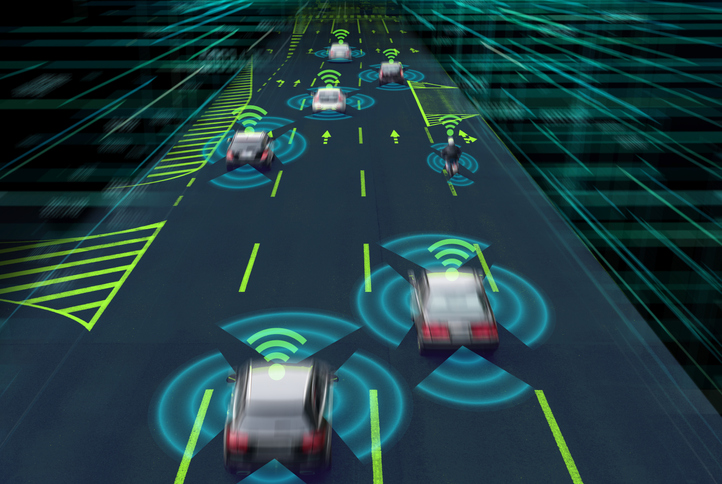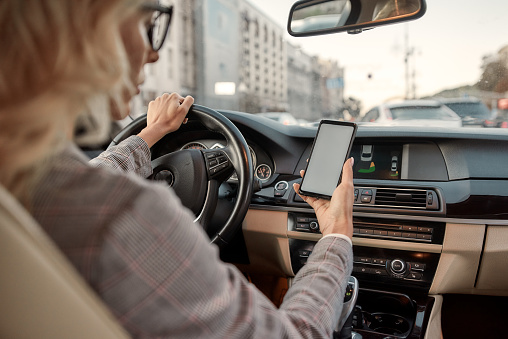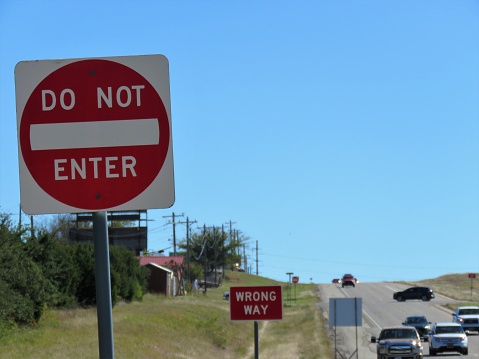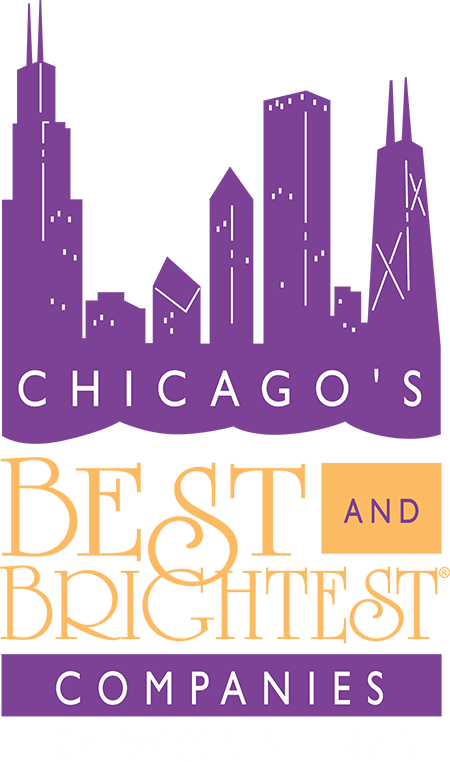Adaptive cruise control is another safety feature designed to prevent car accidents.
Unfortunately, some drivers abuse the technology, creating greater risk for themselves, their passengers, and other motorists in and around Chicago. A new study examines the dilemma.
Convenience or danger?
Adaptive cruise control (ACC) is a safety feature that uses sensors to calculate and maintain a distance from another vehicle. This means the driver does not have to manually brake, slow down or speed up to adjust to traffic conditions. ACC does all the work, reacting sooner and less abruptly than humans.
When also using lane-centering technology, the driver is assured that the vehicle will automatically remain in its lane. Again, technology is aiding the driver.
While ACC offers safety benefits, too many drivers adopt a “set it and forget it” attitude, ignoring their own responsibilities. They think – or assume – that engaging the systems means ACC and lane centering are in control and that everyone inside the vehicle is safe.
Some drivers even set the system to operate at speeds over the legal limit. They are overly confident in the technology, overlooking the fact that they should still be closely monitoring traffic conditions themselves.
Simply put, adaptive cruise control cannot handle all road and driving conditions. There’s no question, driving requires constant attention.
Small number, big risk
For its study, IIHS evaluated 40 drivers over a four-week period. Researchers found that drivers utilizing ACC and lane centering were 24% more likely to speed and that they drove faster than speeders not using the systems.
In 55 mph speed zones, they drove about 8 mph over the limit. In 60 and 65 mph zones, they drove 5 mph over the limit. By comparison, they drove about 1 mph faster than speeders not using the technology.
That may not seem like a large number. If you are driving 1 mph over the speed limit, it is unlikely you will get pulled over for speeding. Likewise, exceeding the speed limit by 1 mph is not going to result in you arriving at your destination much sooner than obeying the posted speed limit.
But that one mile more per hour can make a huge difference to your safety. IIHS says the risk of a fatal crash is 10% higher, based on a formula for predicting probable crash outcomes.
Take strong action when you’ve been injured
When used as intended, ACC systems can lower the risk of a crash. But there is the human factor – drivers who use the system to speed and as a substitute for keeping an eye on the road themselves.
If you or a loved one were involved in an accident caused by a speeding driver in the Chicago area, you could be facing severe injuries if it was a high-impact crash. You may be out of work, collecting piles of medical bills, and unable to support your family.
The other driver is unlikely to admit they are responsible for the collision. It is more likely that they will blame you. You also will be pressured by an insurance company to accept a settlement offer that is much less than what you need, but is tempting because you are financially desperate.
At Coplan & Crane, our car accident lawyers have experience handling cases just like yours in Chicago, Oak Park, Rockford, and throughout Illinois. Our dedicated legal team knows how the local legal system works and how to aggressively deal with insurance companies.
Let us handle the legal pressures while you focus on your healing. We work on a contingency fee basis, so you pay nothing unless we win your case. For a free consultation, contact us today.
















